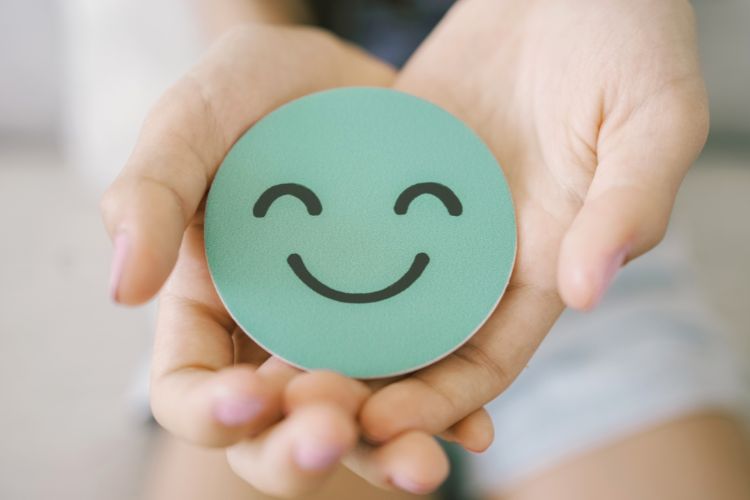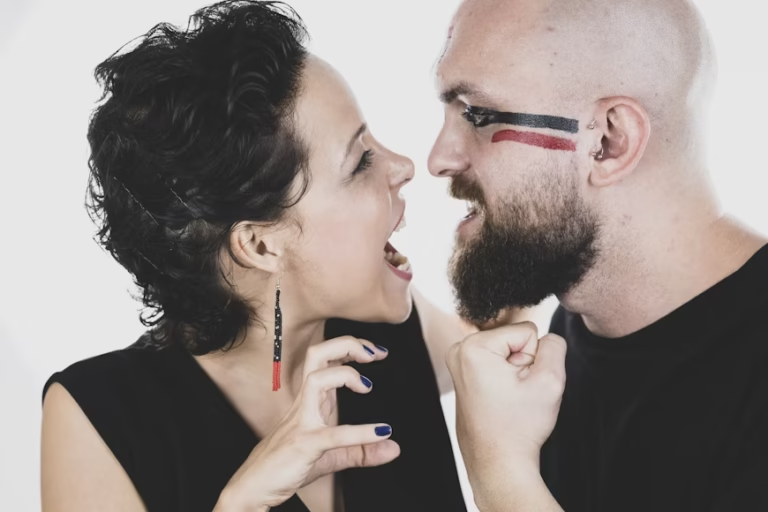Diagnosis of any mental health condition is complex to process. On the one hand, it’s reaffirming. Your experience of the world is inherently different to other people’s, and there are treatment options available to assist you with your anxiety diagnosis. You’re part of an informal community of people with the disorder, and you’re able to empathize with similarly diagnosed people more genuinely.
In this case, diagnosis can be beneficial – enrolling in a mental health counseling masters degree online or similar qualification can be a great way to make use of being able to empathize with other people with anxiety. On the other hand, it’s overwhelming.
As empowering as seeking these treatment options can be, the breadth of available courses of treatment can be too much to deal with all at once. This article will have a look at some strategies to navigate your life and the world around you after receiving a diagnosis of anxiety. The good news is, you’re not alone. Anxiety disorders affect millions of Americans, manifesting in all sorts of forms such as Generalized Anxiety Disorder (GAD), Panic Disorder, and Post Traumatic Stress Disorder (PTSD).
Understanding Anxiety
Before we get into strategies, the first step is to grasp the nature of anxiety disorders. If you’re diagnosed, you’d be familiar with the low-down here: these conditions involve persistent and excessive worry or fear that can interfere with daily life. Symptoms you’re likely to see spring up are restlessness, irritability, difficulty concentrating, and inconsistencies in the way you sleep. Understanding that anxiety disorders are legitimate medical conditions, not simply character flaws, is an essential step toward self-acceptance and learning how to deal with your condition sustainably.
Seeking Professional Help
Therapists, psychologists, and psychiatrists are all mental health professionals who are qualified to diagnose and treat anxiety-related disorders. If you’re reading this article, you’ve probably already sought help from someone who fits into one of those categories, but if you’ve only received an informal diagnosis, it’s important to go and see someone who’s trained to understand, diagnose, and treat your condition so that you can get personalized assistance that’s guided by modern research and understanding of anxiety.
In terms of treatment, therapy, in particular Cognitive Behavioural Therapy (CBT), has proven highly effective in treating anxiety disorders by helping individuals identify and challenge negative thought patterns. CBT can only be effectively applied by a mental health professional, so it’s not one to try at home! Alongside therapy, medication may also be prescribed to help with symptoms, especially if they’re severe. It’s crucial to communicate openly with healthcare providers about any of your concerns about side effects because finding the right medication and dosage isn’t an easy process and will take patience and collaboration.
Building and Maintaining a Support Network
Having people in your life that you can talk to and trust is key when treating an anxiety disorder. Surround yourself with empathetic and understanding people who know what you’re going through – family and friends can be a great place to start here. Being able to have a patient ear that’ll listen to your struggles can be a great help, especially when used in conjunction with strategies that you’ve learned from a mental health professional.
In addition to personal relationships, think about joining online communities or local support groups dedicated to anxiety disorders. Sharing experiences and coping strategies with others who understand can foster a sense of belonging and solidarity, especially if you don’t personally know anyone with a similar mental health condition.
Self-Care
Don’t be too hard on yourself if some of these changes are slow to implement. Dealing with anxiety is a journey, not something that you’ll master all in one day. What’s important to remember, though, is that when dealing with anxiety disorders, self-care isn’t a luxury: it’s a necessity. Make sure you’re getting outside and being active for at least half an hour every day, even if it’s just for a walk. Diet is important here, too.
Try and maintain a diet that’s got lots of the good stuff in it – fresh vegetables, fruit, grains, and plenty of protein. Don’t forget to celebrate the little victories along the way, too. If you’re able to get into an uncomfortable or unfamiliar situation and come out the other side without too much trouble, that’s progress. Think about where you were before being diagnosed and how far you’ve come since. Set realistic, achievable goals and try to stick to them, and you’ll be surprised at how far you can go.
Managing Triggers
Keep a journal and write down what you’re sensitive to and what really brings out the worst of your anxiety. Talk about it with your mental health professional. Personally, I’ve had to stop drinking as much coffee because it’s a serious anxiety trigger, and I tend to avoid being in social situations with people I’m not familiar with or comfortable with, but it’s different for everyone.
Look at these triggers and limit exposure to them whenever possible, whether it involves setting boundaries in relationships, delegating tasks, or making lifestyle adjustments. It’s okay to say no to commitments that feel overwhelming and prioritize your mental health above all else.
Seeking Additional Help
Mental healthcare is expensive, there’s no doubt about that. Insurance premiums are constantly rising, but luckily, there’s a wealth of free information out there that can complement treatment (but not replace it). Explore reputable books, podcasts, websites, or mobile apps focused on anxiety management and mental health awareness. Lots of organizations can offer you free or low-cost resources, including informational guides, hotlines, and online forums.
Receiving an anxiety diagnosis is complicated and daunting. It’s important to remember that every day is another one on your journey to living sustainably with the condition, and you’re not alone. With the right support from mental health professionals and a solid support network, you can tackle the issues anxiety throws at you head-on. If you take any advice away from this article, let it be this: don’t be afraid to ask for help when you need it. There’s nothing easy about being diagnosed, and you don’t have to face all of anxiety’s problems on your own.














